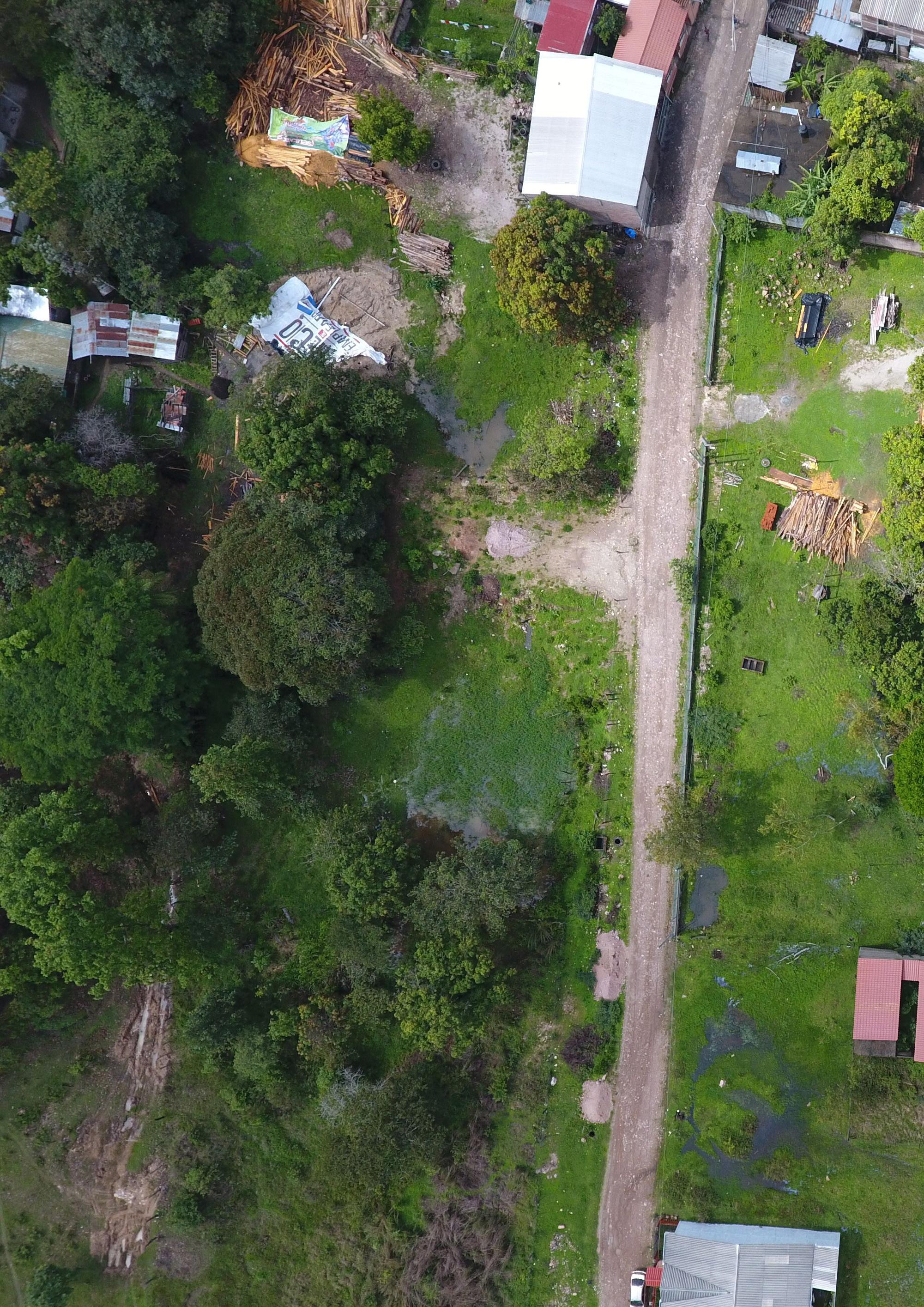06 | FS Network Newsletter #18
Women in informal Economy in Bangladesh: Worst sufferer, least focused
Tahira Tazreen
While countries around the world have b e e n t r y i n g t o c o n t i n u e w i t h e ve r yd a y l i fe u n d e r t h e “n e w n o r m a l ”, i n B a n g l a d e s h , some segments of the population have struggled to tackle economic collapses. In an overpopulated developing country like Bangladesh, women involved in the informal form of economy suffer the most from the pandemic – something we need to shed light on.
working in high-risk environments with minimal appropriate health safety m e a s u r e s . Fu r t h e r m o r e , i n a d d i t i o n t o economic hardship under Covid-19, working women would have to spend their income for health care purposes (be it for themselves or their children). This may force them to sell their property - implying more families living u n d e r p o v e r t y.
Ever y single stakeholder got affected a s t h e p a n d e m i c h i t t h e e c o n o m y. H o w e v e r, t h e i n f l u e n c e o n w o m e n i n Bangladesh is more severe given their existing economic disadvantage in the c o u n t r y. A c c o r d i n g t o t h e A p r i l 2 0 2 0 report by UNWOMEN, 60 percent of women around the world are involved in t h e i n f o r m a l s e c t o r. I n f o r m a l e c o n o m y refers to the form of economic activities w h i c h a r e n o t u n d e r s t a t e’s r e g u l a t i o n / protection. In Bangladesh, a large proportion of working women from the informal sector lives in slum areas in the cities. In most cases, they are the sole breadwinners in their families and s u p p o r t e r s o f t h e i r c h i l d r e n’s e d u c a t i o n . The report projects that, under Covid-19, the economic impact on women from the informal sector would draw to an immediate increase in children school d r o p - o u t a n d c h i l d l a b o r.
Wo m e n a r e m a j o r s t a k e h o l d e r s o f t h e informal economy in Bangladesh. There are different forms of informal works where women are employed throughout the countr y - as housemaids, day laborers, or small tea shop owners b e s i d e t h e r o a d . Wo m e n i n v o l v e d i n the informal economy have suffered much under Covid-19. Over the past few months, many have left megacities (e.g. Dhaka, Chattogram) because of job loss and inability to support their city living expenses. Some have shifted into new forms of jobs. According to a local newspaper repor t, many parlor workers who used to work in beauty parlors in the capital returned back to villages and started growing crops on their own.
The Covid-19 also overwhelming number
implies an of females
In this sense, many women in the informal economy are faced with challenges. Many are losing their market, or are forced to go back to villages doing nothing (or in some cases trying to create new sources of





